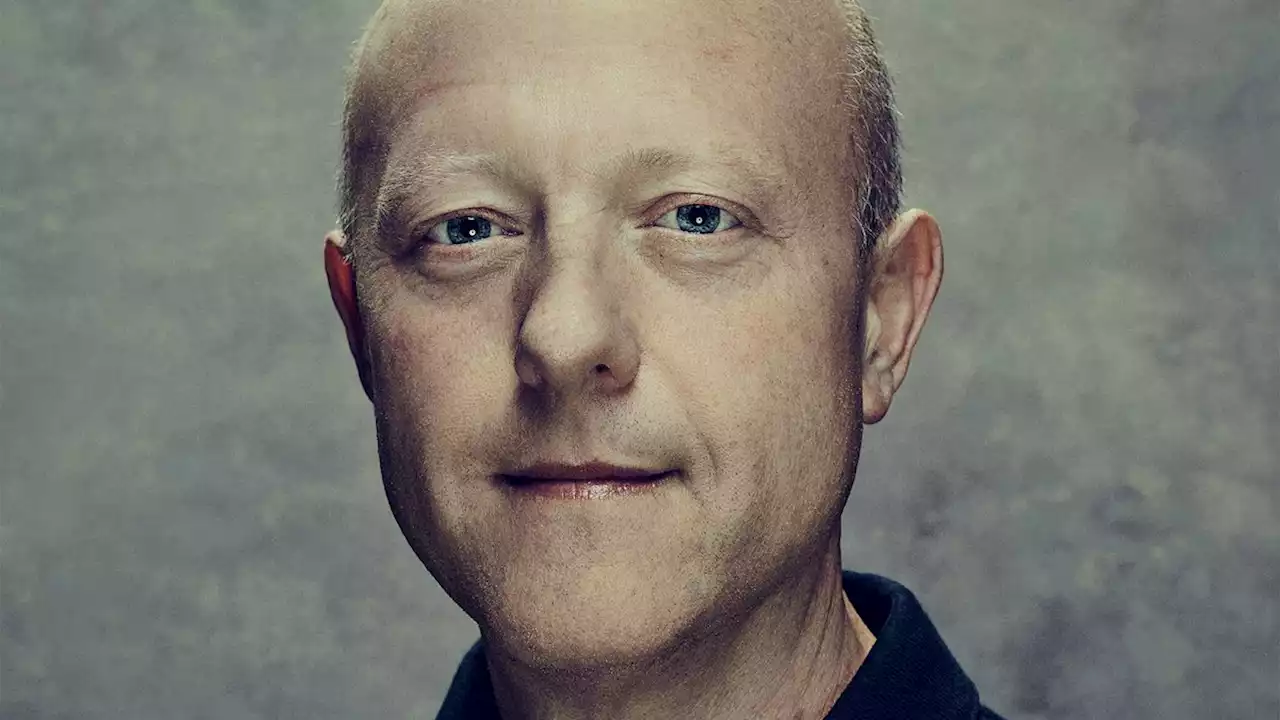Circle Begs Congress: Please Regulate Us by ninabambysheva, Steven_Ehrlich
of Le Pavillon, Daniel Boulud’s Michelin-starred French showpiece in midtown Manhattan, Jeremy Allaire is being bombarded with questions during a four-course meal featuring bourdelaise-drizzled steaks. It’s early May, and the journalists at the table want to know more about how his firm, Circle Internet Financial, maker of the world’s second largest stablecoin, is fairing in the light of the bank deposit crisis and what the outlook for a new federal law to legitimize stablecoins is.
Despite the decline, Circle’s Allaire doesn’t see SVB as a setback. At the Consensus crypto event in Austin at the end of April–where he was accorded rockstar status, if selfie requests are any indication–Allaire spun the SVB debacle as a plus, now that Circle’s deposits are held at Globally Systemically Important Bank of New York Mellon.“We like to be boring,” asserts the 52-year-old crypto executive, clad in business casual black slacks and a tucked-in polo shirt.
The downside to Allaire’s plan is that if stablecoins become regulated investments with safety assured, it could invite competition. He went on to study at Macalester College, a small liberal arts school in Saint Paul, from which he graduated in 1993 with a bachelors in political science and philosophy. In college he saw the democratizing power of the internet first hand. “I was able to plug into nodes on the internet that were in the Balkans, behind the Iron Curtain, and engage with dissident journalists getting first-hand accounts of the collapse of the Soviet Union, building friendships," says Allaire.
Around that time, he started talking about crypto with Sean Neville, a software developer who had worked at both Allaire Corp. and Brightcove. He and Neville formed the idea for Circle, whose first product was called Circle Pay, similar to PayPal and Venmo but for transactions using bitcoin.
The FDIC’s insurance provides an underpinning to the conventional banking system which employs a fractional reserve system, meaning banks only maintain capital that represents perhaps 10% of their actual assets. Trust and confidence, in this system, are at the core of U.S. banking. However the world of digital assets has yet to establish an adequate level of trust or confidence among investors, so stablecoins are typically fully collateralized, one-to-one, and sometimes even over collateralized.
Among other things, new regulations would ban the issuance of such tokens unless they were created by a subsidiary of an insured depository institution that has been approved to issue them or by a licensed non-bank entity.
United States Latest News, United States Headlines
Similar News:You can also read news stories similar to this one that we have collected from other news sources.
 Chris Licht Begs Forgiveness From Angry Staff: ‘CNN Is Not About Me’Following a devastating article that portrays him as aloof and press-obsessed, beleaguered CNN chief Chris Licht said he would win back the trust of frustrated staffers.
Chris Licht Begs Forgiveness From Angry Staff: ‘CNN Is Not About Me’Following a devastating article that portrays him as aloof and press-obsessed, beleaguered CNN chief Chris Licht said he would win back the trust of frustrated staffers.
Read more »
 City councilman tables University Circle legislation following News 5 investigationCleveland City Councilman Kevin Conwell pulled from consideration a piece of legislation that would have authorized the creation of a special tax district to generate additional funding for UCPD.
City councilman tables University Circle legislation following News 5 investigationCleveland City Councilman Kevin Conwell pulled from consideration a piece of legislation that would have authorized the creation of a special tax district to generate additional funding for UCPD.
Read more »
 Trump Begs Judge to Toss Another E. Jean Carroll Defamation CaseHe argued that his rape denials couldn’t be defamatory after a jury’s recent verdict.
Trump Begs Judge to Toss Another E. Jean Carroll Defamation CaseHe argued that his rape denials couldn’t be defamatory after a jury’s recent verdict.
Read more »
 57th annual Strawberry Festival returns Thursday on Monument CirclePreparations are underway for the 57th annual Strawberry Festival taking place Thursday on Monument Circle.
57th annual Strawberry Festival returns Thursday on Monument CirclePreparations are underway for the 57th annual Strawberry Festival taking place Thursday on Monument Circle.
Read more »
